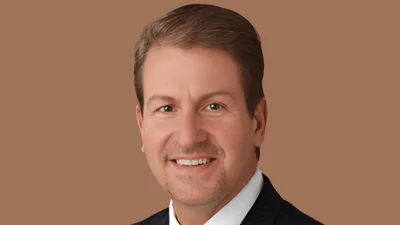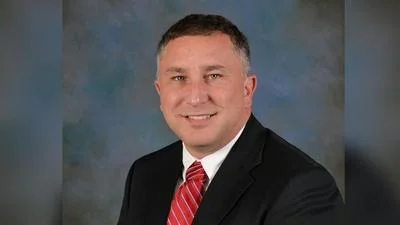State Rep. Lindsay Parkhurst | Contributed photo
State Rep. Lindsay Parkhurst | Contributed photo
If state Rep. Lindsay Parkhurst (R-Kankakee) gets her way, Kankakee County and other areas that neighbor Chicago won’t be grouped with the Windy City in the five-phase reopening strategy.
According to the Daily Journal, Gov. J.B. Pritzker has received a letter from Parkhurst that detailed her concerns with the reopening plan amid the COVID-19 pandemic. Pritzker was said to be taking Parkhurst’s petition “under serious consideration,” though no changes have been made in the weeks since he received her correspondence.
In her letter, Parkhurst said legislators were “blindsided” by the current plan, and pointed out that smaller counties like Kankakee and Grundy account for less than 1% of COVID-1 cases in Illinois, compared to Chicago and nearby cities that have had 92% of total cases. As of June 20, Illinois reported 136,104 confirmed cases of the coronavirus, including 6,625 deaths. Kankakee County has had 1,143 confirmed cases of COVID-19, and Grundy County has had 141.
Parkhurst called out the plan and said it would serve as the 79th District’s economic “death sentence,” noting that while Chicago would be the last area to open, smaller areas don’t have the same bounce-back capability as the major metropolitan city and its surrounding suburbs.
“We have to be supportive of business," she told the Daily Journal. "If Menards can open as a big box store with social distancing and the amount of people that go in there, we should be able to have smaller businesses open with the social-distancing precautions.”
She continued and said while the governor has executive power, he still has to consult state legislators when it comes to making decisions for Illinois.
“Because of the pandemic, the governor has some executive emergency powers, but he can’t just run the state as one man and not call us back into session,” she said. “These decisions that are being made have long-lasting effects on the state and the voters of the state, and they need to be made by their senators and their representatives who represent them and know their communities.”






 Alerts Sign-up
Alerts Sign-up